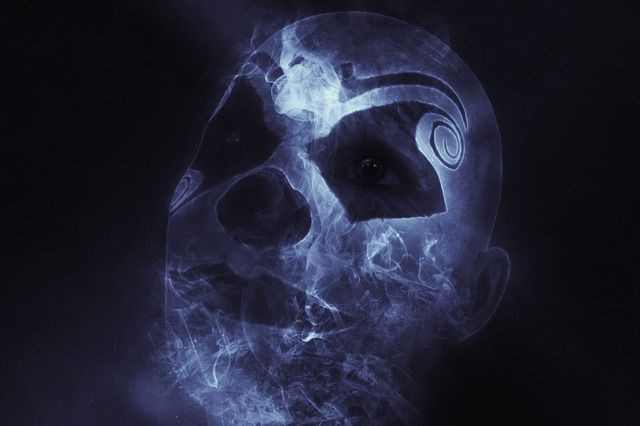Why Are We So Afraid Of Clowns? Masked Jokers Inspire Fears Of The Unknown And Unexpected

When you hear the word “clown,” do you smile, or look for a place to hide? Your answer may depend on whether you’ve been a victim of a recent trend involving people dressing up as clowns and scaring their communities. According to a timeline from the International Business Times, one of the first clown sightings took place on Aug. 1 in Green Bay, Wisconsin, when a clown was seen walking with black balloons. Since then, clown sightings have been reported in Canada, England and several other states including South Carolina, Georgia, Texas, and Arizona.
Are we afraid of clowns because of this frightening trend? Or have we always had a fear of clowns? Some people have an irrational fear of the pranksters, a phobia called coulrophobia, reported NBC News. We can be afraid of clowns for several other reasons too. According to The Guardian, the “uncanny valley,” a phenomenon where we’re unnerved by things that aren’t human, but have a human-like appearance, may be responsible for some of our clown fear.
Clowns put on makeup to exaggerate the features of their face, they wear silly and odd costumes, and paint smiles on their faces, all of which sets them apart from regular humans. Additionally, we subconsciously pay attention to the way other people walk, their posture and their stance. A clown exaggerates these movements and can move inconsistently, a combination that can be unsettling to us, reported The Guardian.
For example: if you see a zookeeper interacting with an alligator, you can tell the zookeeper’s movements are precise and calculated. A clown is unpredictable, both in movement and behavior. Although clowns can be hired at children’s birthday parties or seen at the circus, we don’t always know what to expect when a clown arrives on stage, let alone when we see them in public.
And then there’s another stereotype associated with clowns – they’re murderers. Well-known examples such as the Joker from "The Dark Knight," Pennywise from "It" and serial killer John Gacy have represented frightening clowns with murderous intentions.
With this in mind, why do people put on clown masks and appear to terrorize their communities? Adam Lynes, a criminology lecturer at Birmingham University, has a theory that may explain this trend. He believes more people are putting on clown masks because it conceals their identity, allowing them to behave in a way they wouldn’t if their faces were recognizable.
“The very act of hiding one’s face is also very powerful, potentially leading these individuals to act in a way they normally would not when their faces are visible,” Lynes told the Birmingham Mail. He says the rise of killer clown photos and videos on social media may act as a catalyst for others to follow in their steps.
Read More: Scary Clowns: Research May Explain How The Clown Went From Jester To Psycho Killer



























